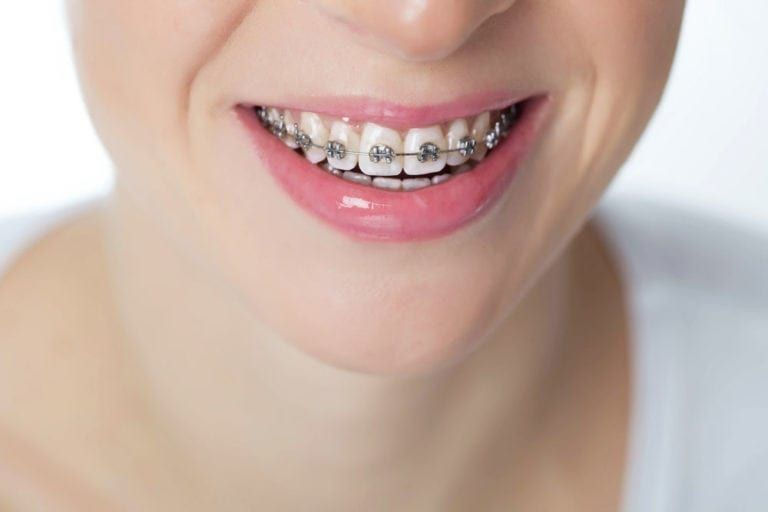Composite Bonding Explained: How It Works and Who It’s For
- dclinicdubai
- May 24, 2025
- 3 min read
If you’re searching for a quick and effective way to enhance your smile, you might have heard about composite bonding in Dubai. This cosmetic dental treatment is gaining popularity due to its minimally invasive nature and immediate results. Whether you have chipped teeth, gaps, or discoloration, composite bonding offers a practical solution. This article explains how composite bonding works and helps you determine if it’s the right choice for you.

What Is Composite Bonding:
Composite bonding is a procedure where a tooth-colored resin material is applied to damaged or discolored teeth to improve their appearance. The resin is sculpted and hardened using a special curing light, bonding securely to the tooth surface. This treatment can correct a variety of dental imperfections without the need for extensive preparation or removal of healthy tooth enamel.
How Composite Bonding Works:
The composite bonding process begins with a consultation where your dentist assesses your dental health and discusses your aesthetic goals. During the procedure, the dentist lightly roughens the tooth surface, applies a conditioning liquid, and then layers the composite resin. Each layer is shaped and cured with a light to harden it. Finally, the bonded material is polished to blend seamlessly with your natural teeth, giving you a refreshed smile.
Benefits of Composite Bonding:
Composite bonding offers numerous advantages, making it a popular choice for cosmetic dental improvements:
Minimally invasive: No or minimal removal of tooth enamel.
Quick treatment: Usually completed within a single dental visit.
Affordable: Less costly than crowns or veneers.
Customizable: Resin can be color-matched to natural teeth.
Versatile: Repairs chips, cracks, gaps, stains, and reshapes teeth.
Who Is a Good Candidate for Composite Bonding:
This treatment suits patients who want to fix minor cosmetic flaws without undergoing lengthy procedures. Ideal candidates typically have:
Small chips or cracks in teeth.
Gaps between teeth.
Discoloration that doesn’t respond well to whitening.
Slightly uneven or misshapen teeth.
Desire for a cost-effective smile enhancement.
Your dentist can help you determine if composite bonding is suitable based on your oral health and cosmetic goals.
Composite Bonding Compared to Other Treatments:
Composite bonding is often compared with veneers and crowns. The main differences include:
Invasiveness: Bonding requires minimal tooth alteration; veneers and crowns usually need more enamel removal.
Durability: Veneers and crowns last longer but are more expensive.
Treatment time: Bonding is faster, often done in one appointment.
Cost: Bonding is the most budget-friendly option.
Choosing the right treatment depends on your budget, the extent of dental issues, and long-term expectations.
The Procedure of Composite Bonding in Dubai:
In Dubai, composite bonding is offered by many advanced dental clinics known for high standards and skilled cosmetic dentists. The typical process involves:
Consultation: Examination and smile design discussion.
Preparation: Cleaning and slight roughening of teeth.
Application: Layering and shaping the composite resin.
Curing: Hardening the material with a UV or LED light.
Polishing: Final smoothing to ensure a natural look and feel.
This procedure is pain-free for most patients and doesn’t require anesthesia, allowing you to resume daily activities immediately.
Caring for Composite Bonding:
To maintain your composite bonding results, you should follow simple care routines:
Brush twice daily with a non-abrasive toothpaste.
Floss regularly to keep gums healthy.
Avoid biting hard objects like nuts or pens.
Limit intake of staining foods and drinks (coffee, tea, red wine).
Visit your dentist regularly for check-ups and cleaning.
Proper care can help extend the life of composite bonding for several years before any touch-ups may be necessary.
Potential Limitations and Risks:
While composite bonding is safe and effective, it does have some limitations:
The resin can chip or stain over time.
It may not be suitable for severe tooth damage or large gaps.
Bonding typically lasts 4-8 years, shorter than veneers or crowns.
Regular maintenance and occasional repairs might be needed.
Discussing these factors with your dental professional ensures realistic expectations and optimal outcomes.
Cost of Composite Bonding in Dubai:
The cost for composite bonding in Dubai varies depending on the clinic, number of teeth treated, and complexity of the case. Generally, it is more affordable than veneers and crowns, making it accessible to many seeking cosmetic dental improvements. Clinics often offer flexible payment plans to accommodate patient budgets.
Final Thoughts:
Composite bonding is a convenient and effective solution for enhancing your smile with minimal discomfort and downtime. It’s an excellent option for those with minor dental imperfections seeking quick, affordable cosmetic improvements. If you’re considering cosmetic dentistry, composite bonding in Dubai is worth exploring. Always consult with experienced dental professionals to find the best treatment tailored to your needs.


Comments